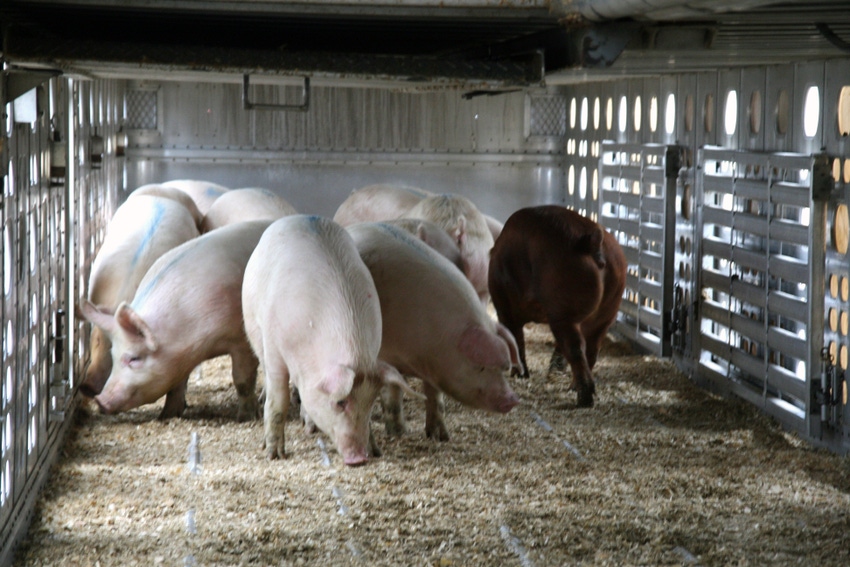Actions by the U.S. could be retaliated by China, and the impact could be significant price volatility in the short term, to changes in trade flows and supply chains in the longer term.
March 28, 2017

Source: Rabobank RaboResearch Food and Agribusiness Group
Even before Donald Trump took office as the 45th president of the United States, there was uncertainty what global trade would look like under a Trump administration. That uncertainty has not subsided since he took the oath of office at the end of January.
First Trump declared war on the Trans-Pacific Partnership, signing an executive order pulling the United States out of the TPP, a multinational trade agreement that would have given the U.S. a stronger hold with some Asian countries. Now a trade dispute between China and the United States has the potential to escalate into an all-out trade war.
This potential trade war with China has many on edge, especially those in the agriculture sector. Rabobank’s RaboResearch Food & Agribusiness Group issued a report — What Effect Would a Chinese-U.S. Trade Dispute Have on the F&A Sector — looking at the implications of such a trade war. This report concentrates on the impact U.S.-China trade disputes would specifically have on the pork and soybean sectors.
Ping Chew, head of RaboResearch Food & Agribusiness Asia, says, “Any actions by the U.S. could be retaliated by China, and the impact could be significant price volatility in the short term, to changes in trade flows and supply chains in the longer term.”
While China exports few food and agriculture products to the United States, ag products make up one of the top five categories of American imports to China, amounting to $23 billion last year. In addition to pork and soybeans, the main U.S. food and ag products that could be affected should this escalate into a trade war are distillers dried grains with solubles, cotton, orange juice and consumer foods.
Last year, China imported 215,000 tons of pork, out of total pork-related imports of 1.62 million tons. China could suspend U.S. pork shipments due to technical issues or by levying anti-dumping duties. This would lead to increased inflows throughout the grey channel, which already plays a key role in beef and offal meat shipments to China. The gap would be filled by rising imports from the European Union and South America.
However, EU pork production is expected to decline by 1.5% this year, thus limiting EU product availability in the short term. The EU does have the capacity to expand production if a strategic sourcing arrangement form Chinese companies would be in place. While Brazil is expected to increase pork exports to China, the recovery of the Brazilian domestic market would slow the export rate from Brazil to China.
If a U.S.-China trade dispute were to occur, China’s total pork imports might decline as a result of the price increase in the global market as well as due to the decline of direct imports from America. Chinese grey channel activities and volume are expected to increase. Rabobank says “in an extreme situation, in which all U.S. pork imports would be halted, considering the U.S. accounts for 13% of total imports in China, the decline rate would be less than 13%.”
China, being the world’s largest soybean importer (with over 60% of global trade), imports roughly 86 million tons of soybeans, of which 42 million tons come from Brazil, 34 million tons from the United States, while the remaining 10 million tons stem from Argentina and Uruguay. In Rabobank’s low-probability scenario, if the Chinese government were to boycott U.S. beans, South America would become the sole supplier to meet China’s demand.
Rabobank’s report says the United States could impose measures ranging from bringing more cases to the World Trade Organization, 20% border adjustment tax, to even more drastic efforts.
This ensuing trade dispute, with its potential escalation into a downright “trade war,” could not only significantly disrupt Chinese-U.S. trade and investment flows, but it could also become a major hurdle when it comes to the global movement of goods. “The consequences are major in these ‘what-ifs’, but we sincerely hope calmer heads will prevail,” concludes Ping.
You May Also Like



